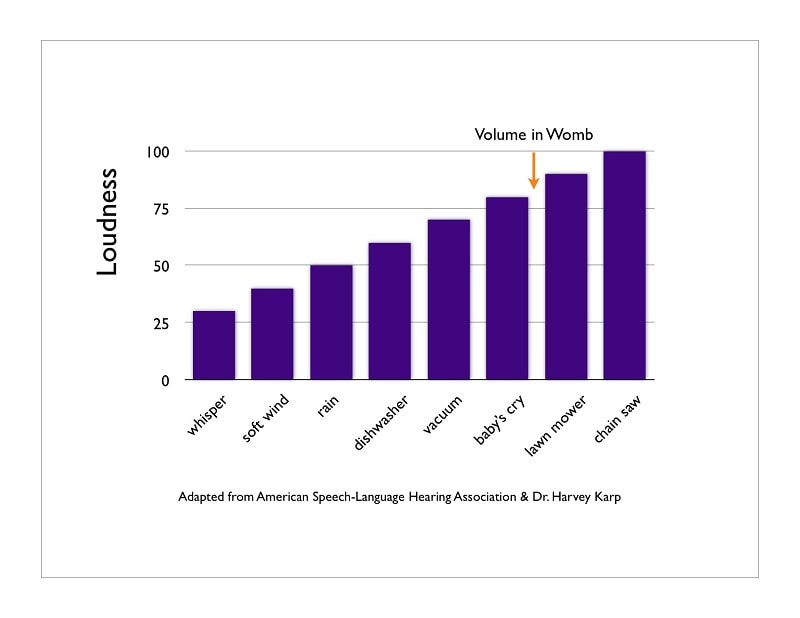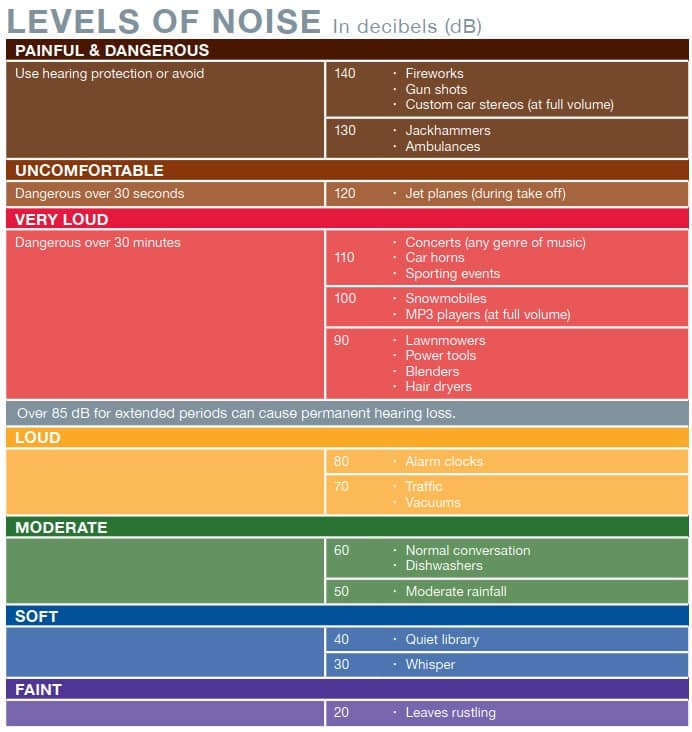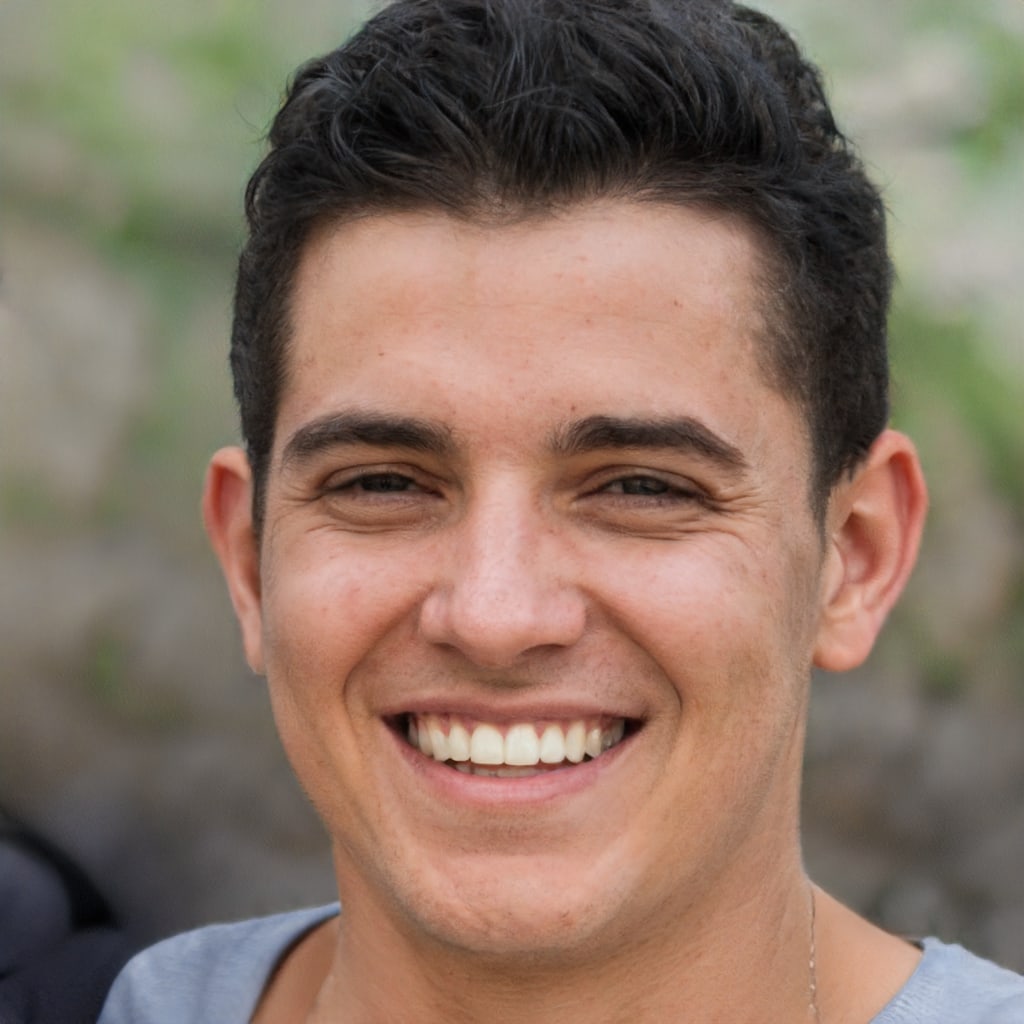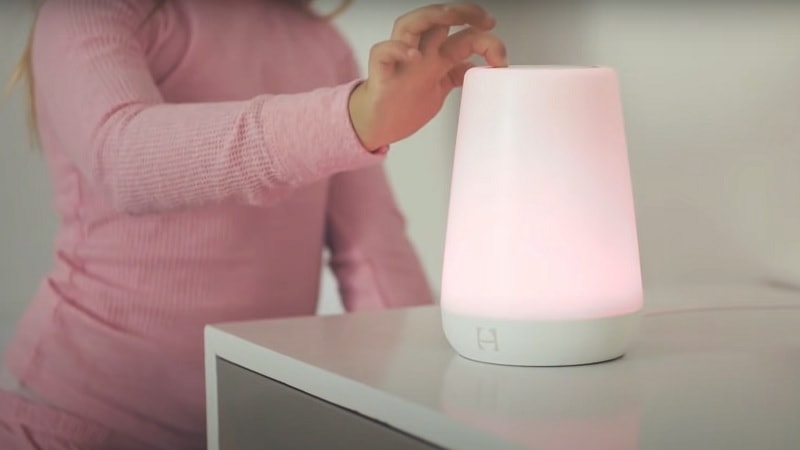Hatch Rest is a smart sound machine for baby sleep. It has 11 soothing sounds that help your babies sleep easier. Moreover, parents can also schedule the sleeping time for their babies with this sound machine.
However, babies’ ears are sensitive to sounds and can be damaged when exposed to loud sounds for a long time. So, knowing “how many decibels is hatch baby rest?” is crucial to your babies’ safety when using Hatch rest sound machine.
How Many Decibels Is Hatch Baby Rest?
The Hatch provides a wide variety of sounds, including sounds of crickets, rain, white noise, birds, wind, ocean, water stream, dryer, and lullabies. So, the decibel (dB) range of the Hatch rest may be between 30 – 75 dB.
The image below shows the loudness of several common sounds adapted from the American Speech–Language–Hearing Association.

How Loud Should The Hatch White Noise Be For The Baby?
According to The American Academy of Pediatrics (AAP), the white noise of a sound machine should be about <50 dB for a baby.
However, in reality, the Hatch rest white noise should be between 50 – 70 dB (a vacuum cleaner’s sound) for your baby to promote their nights of sleep. But ideally, you should set it at 60 – 65 dB during your baby’s sleep.
There are two reasons that you should set this range for your Hatch rest.
- First, the loudness of your baby’s crying sound is about 100 – 130 dB and can be louder. Therefore, when they cry, they cannot hear the sound from the machine, if the volume of the white noise is too low, and find it hard to get back to sleep.
- Second, an adequate level of white noise will help drown out the outside noises that disturb their sleep, like a passing truck or the doorbell ringing.
Besides, the sound setting is also different between the ages of your babies. A louder sound (~80 dB) can be great for calming the younger babies because it mimics the sound of the womb wall. Meanwhile, an increased volume is only necessary for older babies to block out other household sounds.
Here is a tip for you: You can increase the volume of Hatch rest white noise to 70 – 75 dB when your baby is crying to get them to calm down. After they fell asleep for about 5-10 minutes, you can decrease the volume to around 60-65 dB.
How loud is too loud on Hatch?
More than 85 dB is too loud on Hatch. If your Hatch white noise machine generates the sound above this level, then it can be harmful.
So, you should adjust the Hatch sound appropriately and remember not to put the machine right next to their head.
Is Hatch white noise safe?
Yes, Hatch white noise is safe because it helps babies and adults fall asleep easier by blocking the distracting noise with more soothing sounds.
On the other hand, it is important to choose the appropriate white noise type and loudness to protect your ears.
Not all white noises are the same. It can come in high-pitch and low-pitch white noise. White noise with a high pitch is loud, piercing, and hissy, such as bird calls or monkey screeches in a jungle setting. Meanwhile, the low-pitch white noise is kind of boring and continuous, such as the monotonous sound of a fan or a plane engine; and it helps induce sleep effectively.
How many decibels is too loud for a baby?
Babies are sensitive to sounds, so >85 dB can be considered loud for them. Researchers demonstrated that if babies are exposed to that sound level for 8 hours straight, it could hurt their hearing.
Then, the sounds from 100 dB should be avoided as it is extremely loud for your babies.
How To Use Hatch White Noise Safely
The important thing to remember when using white noise is to ensure you don’t damage your little one’s hearing. Here are a few suggestions to help you use white noise safely:
- The sound machine should be at least 2 meters from your baby’s cot/crib.
- Make sure the sound level is in the safe range of about 50 – 65 dB. It’s ok to set lower sound levels (30-40 dB).
- The white noise should not be on all day.
- You should keep the machine out of the reach of your child and tuck any cords away safely.
Additional Information: Sounds & Babies’ Hearing
Noise measurement of common sounds
The image below shows decibel levels of common sounds. This is adapted from the American Academy of Audiology.

Is it ok to play white noise all night for the baby?
Yes, you can play white noise all night for your babies, as long as you keep the sound at suitable and safe decibel levels.
Besides, remember to choose the consistent white noise like the sounds of a dryer or dishwasher, and place it away from your baby crib.
How long do you leave white noise on for baby?
The sound machine should be on throughout the night and during their napping times until it is time to wake up. Setting such a sleeping schedule for your Hatch sound machine will help your baby fall back to sleep easily and also signal to them the time for sleeping – when the music/sound is on, and which is the time for waking up – when the sound is off.
Don’t leave your sound machine on 24/24 because it will lose the effect of soothing and lulling your babies to sleep.
Can white noise machines cause hearing loss in babies?
Hearing loss could be a major problem for babies who are exposed to too loud white noise since their sensitive eardrums cannot cope with the loud noises. Thus, the baby could lose their sense of hearing if their ears have long-time exposure to too near or too loud noises.
Is 60 dB too loud for a baby?
60 dB is not too loud for your baby. According to the image of levels of noise above, 60 dB is moderate noise often coming from normal conversations and dishwashers.
Can yelling hurt my newborn?
Yes, yelling can hurt your newborn.
Though they cannot understand the words you said but they can feel the sound you produce. Yelling makes threatening sounds and they can understand that, which can make them feel stressed.
Moreover, the sound of yelling can be more than 80 dB, which could be harmful to your newborn ears.
Is a lawn mower too loud for a baby?
The sound of a lawn mower is more than 85 dB, meaning that it is too loud. Hearing such an unpleasant sound can hurt your baby.
Is loud music bad for newborns?
Yes, loud music is bad for newborns. Long-time exposure to loud noise can harm their sensitive eardrums and other parts of their inner ears, including outer hair cells, inner hair cells, and inner-ear nerves. It can lead to hearing loss if one-quarter of these cells are damaged.
FAQs
What does 85 decibels sound like?
The sounds of 85 decibels can be from the traffic noise and gas-powered lawnmowers.
What does 70 decibels sound like?
70 dB is like the sound of a washing machine or a vacuum. It is categorized as a moderate level of noise.
What does 50 decibels sound like?
50 dB sound like the noise of a quiet conversation, a moderate rainfall, a quiet suburb, or a quiet refrigerator.
What is 40 dB sound like?
40 dB sound can come from a quiet library or the lowest limit of urban ambient sound.
Can yelling hurt my baby’s ears?
Loud noises from older siblings or shouting can cause hurt your babies’ hearing in the long term.
How many decibels is a screaming child?
The sound of young children screaming and crying can be at about 110 dB and might be more unpleasant and damaging than other 110-dB sounds.

Andrew N. Keegan is a self-proclaimed “tech junkie” who loves consumer electronics. He loves Apple products and is always in line for the newest iPad. In addition, he loves technology, Office products, and social media.
He was continually attempting to figure out his family’s computer. This thing led to an interest in how technology may improve our lives. He holds a degree in IT from NYIT and has worked in IT for over a decade. Since then, he’s been hunting for new goods to share with friends and family.
Andrew N. Keegan loves video games, tech news, and his two cats. He’s also active on social media and shares his latest tech finds.
